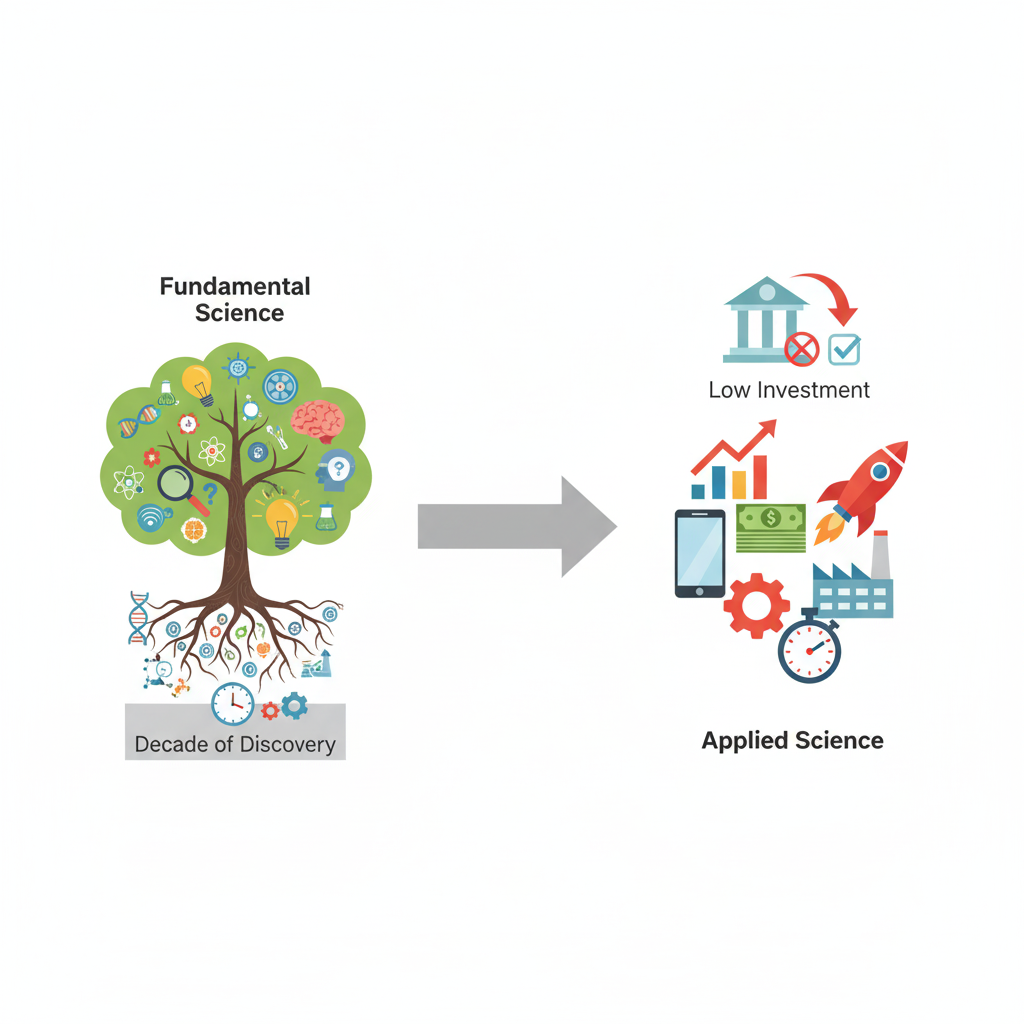
Prayan Pokharel
Apr 18, 2025
Plastic bags are certainly an increasing global headache. The bags are thin, waterproof, inexpensive, and easy to transport. People have become reliant on single-use or disposable plastic, which has had long-lasting environmental impacts. People use plastic bags to carry all their belongings despite being aware of their harmful effects. Nearly twenty years of research on microplastic pollution has revealed their global spread, diverse sources, and detrimental impacts on ecosystems and potentially human health.
The growing impact of plastic bags
Plastic bags negatively influence the environment as they take so many years to decompose. Furthermore, hazardous compounds are released into the soil when the plastic breaks down in sunlight. When plastic bags are burned, toxic substances called dioxins, furans, mercury, and polychlorinated biphenyls are released into the air, generating ambient air pollution. These toxins have been shown to have direct and documented effects on the skin, eyes, and other sensory organs, as well as the respiratory, neurological, and gastrointestinal systems, as well as the liver and brain. Despite being one of the most common materials on the globe, the impact of plastic on human health is usually overlooked.
It is harmful to birds as well as animals on land and in water. Plastic bags have harmed nearly 700 species, including endangered species. Almost every seabird species consumes plastic items such as plastic bags and straws. Birds frequently confuse shredded plastic bags for food, resulting in hazardous waste filling their bellies. Oceans and seas are often filled with plastics, and thousands of fish and other sea animals get confused with food, continuing in food chains. According to the research published by the journal Proceedings of the Royal Society B, microplastics in the ocean are covered with biological materials like algae, which smells like food to sea animals. Whales, fish, and other marine species have died as a result of plastics blocking their digestive processes or piercing their organs. Plastic-filled stomachs suppress the desire to eat, leading to hunger. A study shows that in 2016, 19 to 23 million metric tons of plastic garbage, or 11% of total worldwide plastic waste produced, entered aquatic habitats.
Plastic bags pose threats not only to animals' lives but also to agricultural land. Compounds leaching from plastic bags have been discovered responsible for rising levels of reported toxicity in agricultural soil, lowering fertility.
Skyscraping Production
Every minute, one million plastic drinking bottles are purchased worldwide, and 5 trillion single-use plastic bags are used annually. Plastic trash is easily manageable due to its limited production in the 1950s to 70s. Plastic trash production accounts for 300 million tons, roughly equivalent to the human population. Production is anticipated to double by 2050.
Single-use plastic bags are used so much daily that only 15% of plastic waste has been recycled. The remaining has piled in dumps, wastes, or the biosphere. Many of us use these things daily without considering where they might end up. Although such plastic bags and similar things have a limited lifespan, they potentially persist for decades and decades in the environment.
Are alternatives to plastic bags effective?
Plastic bags are already banned in different nations, the USA being the 127th country to ban them in various states. Jakarta and Japan both prohibited the usage of free plastic bags for 2020. Similarly, many other countries have restricted the use of plastic bags, but they have only limited the use of paper. For instance, the government of Nepal announced that it would ban plastic bags thinner than 40 microns, according to the budget speech for 2021/22. However, the government has issued three declarations, the first two of which were only on paper.
Banning plastic bags may be problematic for numerous reasons as well. Much research shows that plastic bags are much more eco-friendly than other alternatives where the waste management system is well-organized. Different countries have already switched plastic bags with paper bags. Though paper bags are easily decomposed in a short period, somehow, it may lead to environmental harm. Research published by the Northern Iceland assembly shows that the energy required to make a paper bag is more than four times that needed to make a plastic bag. Harvesting of trees will be maximum, and noxious chemicals will be high in production, directly affecting the environment.
Some countries use renewable and biodegradable cotton bags, but growing cotton requires a lot of land, water, pesticides, and chemical fertilizers. However, while biodegradable bags may have some drawbacks, they may be a viable alternative to plastic bags, which are far more hazardous.
What next?
Plastic bags are a severe worldwide issue that necessitates an immediate and multinational response, including all key stakeholders at various levels. People have already begun to accept that it is high time to tackle plastic waste such as plastic bags, bottles, and other plastic products. Rather than switching from a solitary lifestyle to another, we can modify our habits to find the right balance between efficiency and sustainability. Last but not least, proper waste management is much needed. It is a big undertaking, but with everyone working together, it's doable. Our cultural dependency on plastic bags should be changed to reusable bags. Single-use plastics should be avoided, and reusable bags should be used instead. Supporting local, regional, and national legislation against the plastic bag ban is crucial.
Photo Credit
Photo by Naja Bertolt Jensen on Unsplash



